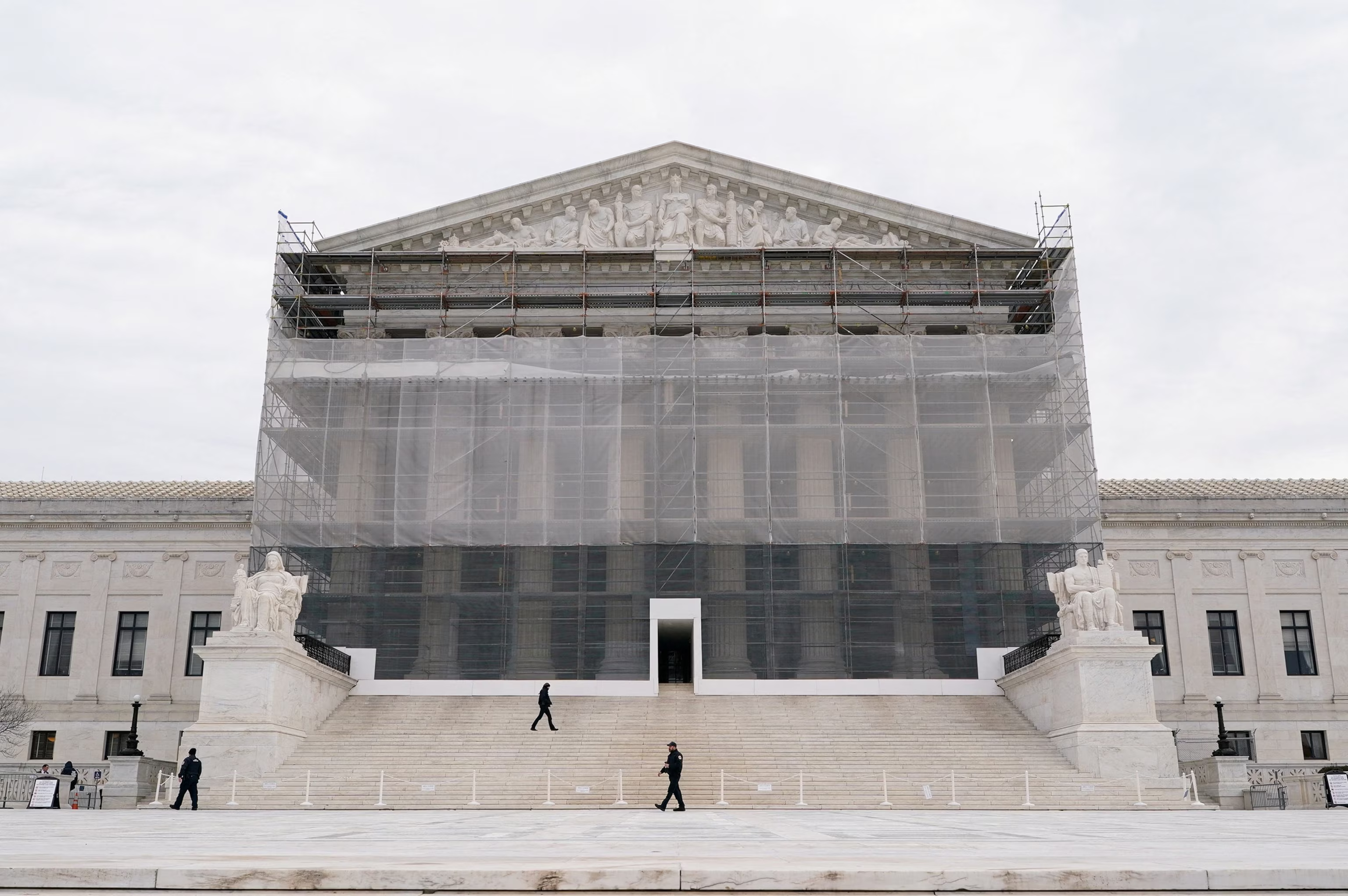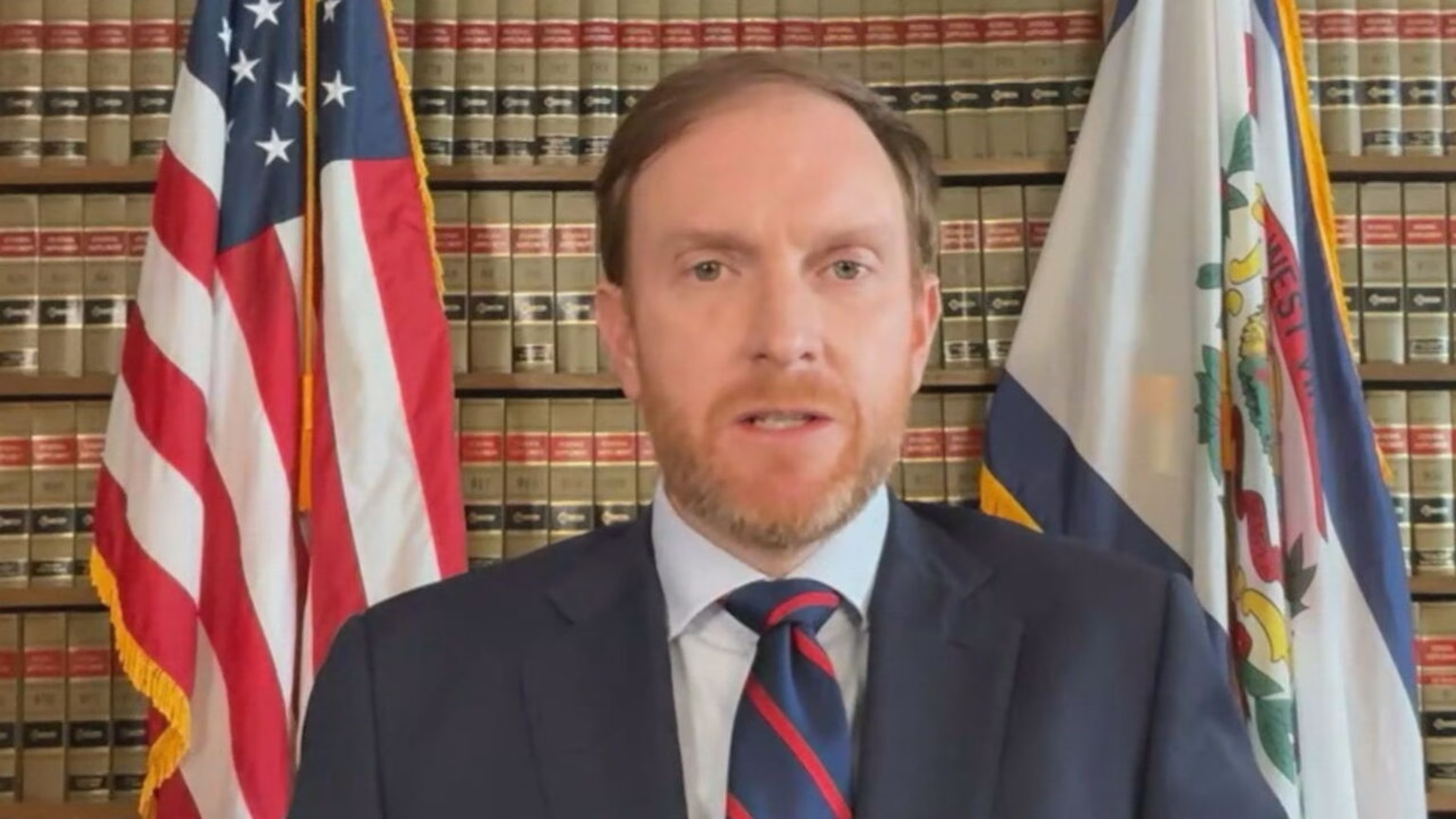
11:38Becky Pepper Jackson, 15, the sole known openly transgender athlete in West Virginia across any sport, is petitioning the U.S. Supreme Court to allow her to keep competing on the girls’ team.ABC News
The Supreme Court will engage for the first time on Tuesday in the intense national discussion regarding the participation of transgender girls in girls’ and women’s sports.
The justices will consider arguments in two cases originating from Idaho and West Virginia, where federal courts have blocked state regulations aimed at preventing trans girls from competing on teams that align with their gender identity.
The results of these cases will influence the future of those laws and comparable initiatives in 27 additional states. According to the Williams Institute at UCLA Law School, there are approximately 122,000 transgender teenagers in the U.S. who partake in high school athletics.

U.S. Supreme Court Building in Washington, December 10, 2025.Elizabeth Frantz/Reuters
Lower courts have independently determined that the bans discriminate “on the basis of sex,” violating Title IX, the pivotal civil rights legislation that has advocated for equal opportunities for women and girls in sports, as well as the Equal Protection Clause of the Constitution.
The states are urging the justices to overturn those rulings and reinstate their laws, contending that sex and gender identity are not equivalent concerning women’s athletics and that permitting transgender girls to compete against cisgender girls is inequitable and poses safety concerns.

West Virginia Attorney General John McCuskey is defending a 2021 state law aimed at prohibiting transgender girls from participating in girls’ and women’s sports.ABC News
"It really comes down to a straightforward question," stated West Virginia Attorney General John McCuskey in an ABC News interview. "Is it legal and constitutional for states to differentiate their athletic playing fields based on the unchangeable physical characteristics associated with the sex assigned at birth?"
Becky Pepper Jackson, a sophomore from Bridgeport, West Virginia, who participates in discus and shot put on her track and field team, initiated the legal challenge against her state’s law in 2021. She is the only known openly transgender athlete in West Virginia across all sports.

Becky Pepper Jackson, 15, has openly identified as a girl since third grade and is among the estimated 122,000 active transgender teenage athletes in the U.S.ABC News
"Someone has to take a stand. Someone needs to advocate for all of us," Becky, 15, told ABC News in an exclusive interview. "Otherwise, these laws and bills will just remain in place."
Transgender athletes constitute just over 1% of the more than 8 million teenage student athletes in the country, according to the Williams Institute.

Becky Pepper Jackson, 15, the only known openly transgender athlete in West Virginia in any sport, is asking the U.S. Supreme Court to let her continue to compete on the girls team.ABC News
Idaho college student Lindsay Hecox, a previous track and cross-country runner who was prevented from trying out for her school teams, filed a lawsuit against her state’s ban in 2020. Last year, she requested the court to dismiss her case because she no longer wanted to compete in athletics and wished to avoid media attention. However, Idaho sought to
Sourse: abcnews.go.com